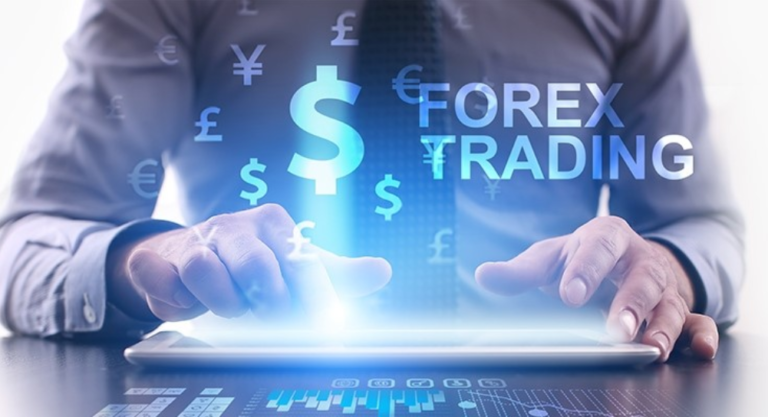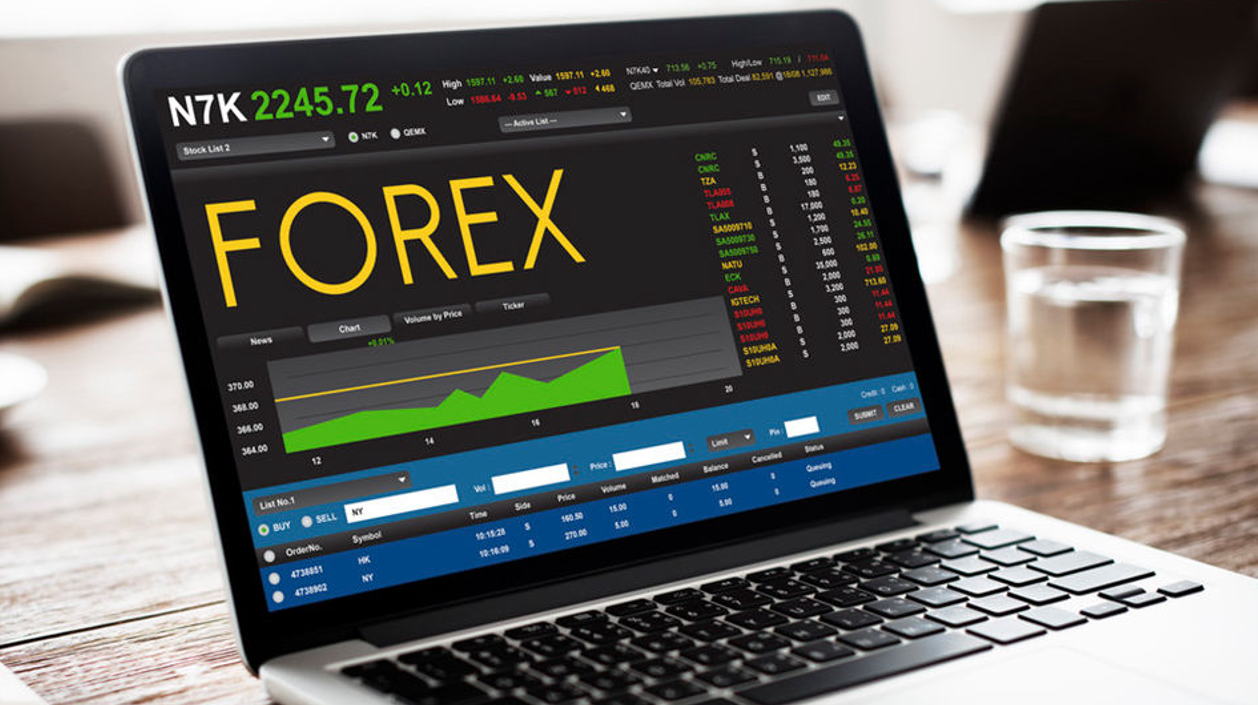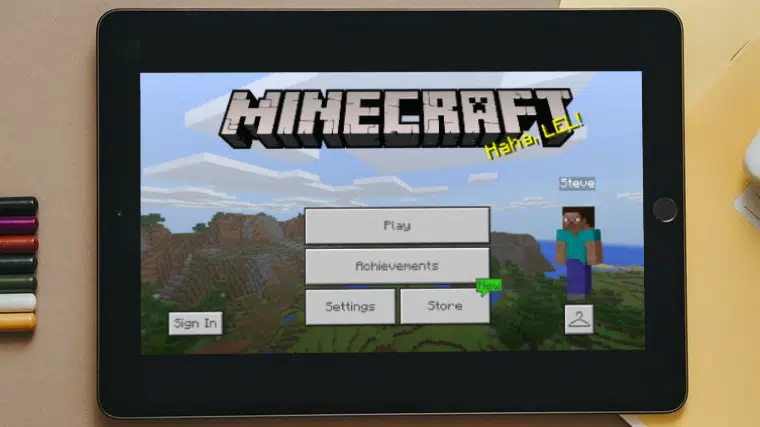Forex (FX) is a combination of foreign currencies and exchanges. Foreign exchange is the process of converting one currency into another for various reasons, mostly for trade, commerce or tourism. According to the 2019 triannual report from the Bank for International Settlements (world bank for national central banks), daily forex trading volume reached $6.6 trillion in 2019.
Currency trading can be risky and complex. Since there is such a large flow of trades in the system, it is difficult for unscrupulous traders to influence currency prices. This system helps create transparency in the market for investors who have access to interbank transactions.
Retail investors should spend some time researching the forex market and then researching which forex broker to register with, and find out if it is regulated in the United States or the United Kingdom (US and UK dealers have more oversight) or in a country with more regulation and oversight. loose.
It is also a good idea to know what types of account support are available unless a market crash occurs, or if the dealer goes bankrupt.
Read on to learn more about the forex market, what it’s used for, and how you can start trading.
What is the Forex Market?
The foreign exchange market is an area where currencies are traded. Currency is necessary because it allows us to buy goods and services locally and across borders. International currencies must be exchanged to carry out foreign trade and business.
If you live in the United States and wish to buy cheese from France, then you or the company from which you buy the cheese must pay France the following cheeses in euros (EUR). This means US importers have to pick up the equivalent value of US dollars (USD) in euros.
The same goes for traveling. A French tourist in Egypt cannot pay in euros to see the pyramids because that is not the locally accepted currency. Tourists must take euros with the local currency, in this case the Egyptian pound, at the current exchange rate.
One of the unique aspects of this international market is that there is no central market for foreign exchange. In contrast, currency trades are done electronically over the counter (OTC), which means that all transactions take place over a computer network between traders around the world, rather than on a single, centralized exchange.
The market is open 24 hours a day, five 1/2 days a week, and currencies are traded worldwide in major financial centers Frankfurt, Hong Kong, London, New York, Paris, Singapore, Sydney, Tokyo, and Zurich—across nearly every each time zone.
This means that when the US trading day ends, the forex market restarts in Tokyo and Hong Kong. As such, the forex market can become overly active at any time, along with consistently changing price quotes.
A Brief History of Forex
In its most basic sense, the forex market has been available for centuries. People still take over or barter goods and currency to buy goods and services. However, the forex market, as we know it today, is a relatively modern invention.
After the Bretton Woods agreement began to crumble in 1971, more currencies were allowed to float freely against one another. Individual currency values vary based on demand and circulation and are monitored by foreign exchange trading services.
Commercial and investment banks carry out most trades in the forex market on behalf of their clients, but there are also speculative opportunities to trade one currency against another for both professional and individual investors.
There are two distinct features of currency as an asset class:
- You can earn the difference in interest rates on the two currencies.
You can benefit from changes in exchange rates.An investor can benefit from the difference in two interest rates in two dissimilar economies by buying the currency with the higher interest rate and selling the currency with the lower interest rate.Before the 2008 financial crisis, it was too common to short the Japanese yen (JPY) and buy the British pound (GBP) because the difference in interest rates was too great. This strategy is sometimes referred to as a lift trade.
Forex Market Overview
The FX market is where currencies are traded. This is the only highly continuous and non-stop trading market in the world. In the past era, the forex market was dominated by large institutional companies and banks that acted on behalf of clients.
But it has become more retail-oriented in recent years, and traders and investors of all sizes have started to participate in it.
The interesting thing about the world forex market is that there are no physical buildings that function as market trading areas.
Rather, it is a sequence of connections made through trading terminals and computer networks. Participants in this market are institutions, investment banks, commercial banks and retail investors.
Spot Market
Forex trading on the spot market is still the largest because it trades the largest basic real assets for the futures and futures markets. Previously, volume in the forward and futures markets exceeded that of the spot market.
However, trading volume for the spot forex market got motivated along with the advent of electronic trading and the proliferation of forex brokers.
The spot market is an area where currencies are bought and sold based on their trading price. These prices are determined by supply and demand and are calculated based on several factors, including current interest rates, economic performance, sentiment over the current political climate (both local and international), and perceived future performance of one currency against another .
The final deal is known as a spot deal. It is a bilateral transaction in which one party sends an agreed quantity of currency to the other party and receives a certain amount of another currency along with the agreed exchange rate. Once the position is closed, the settlement is paid out in cash.
Although the spot market is commonly known as the market that deals with current (rather than future) transactions, these trades actually take two days to complete.
Forwards and Futures Markets
A futures contract is a specific agreement between two parties to purchase a currency at a future date and at a predetermined price in the OTC market. A futures contract is a standardized agreement between two parties to accept delivery of currency at a future date and at a predetermined price. Futures trading on exchanges and not OTC.
In the forward market, contracts are bought and sold OTC between two parties, who choose the terms of the agreement themselves. In the futures market, futures contracts are bought and sold based on a standard size and settlement date on public commodity markets, such as the Chicago Mercantile Exchange (CME).
In the United States, the National Futures Association (NFA) regulates the futures market. Futures contracts have specific details, including the quantity of units traded, delivery and settlement dates, and a non-adjustable minimum price increase. Exchanges act as counterparties to traders, providing clearing and settlement means.
Both types of contracts are binding and are usually settled for cash on the exchange in question after expiration, although contracts can also be bought and sold before expiration. Currency forwards and futures markets can offer risk support while trading
trade currency. Usually, large international companies use this market to hedge against future fluctuations in exchange rates, but speculators also take part in this market.
Apart from forwards and futures, options contracts are also traded against certain currency pairs. Forex options give the holder the right, but not the obligation, to enter into a forex trade at a future date and for a predetermined exchange rate, prior to the expiration of the following option.
Also Read:





